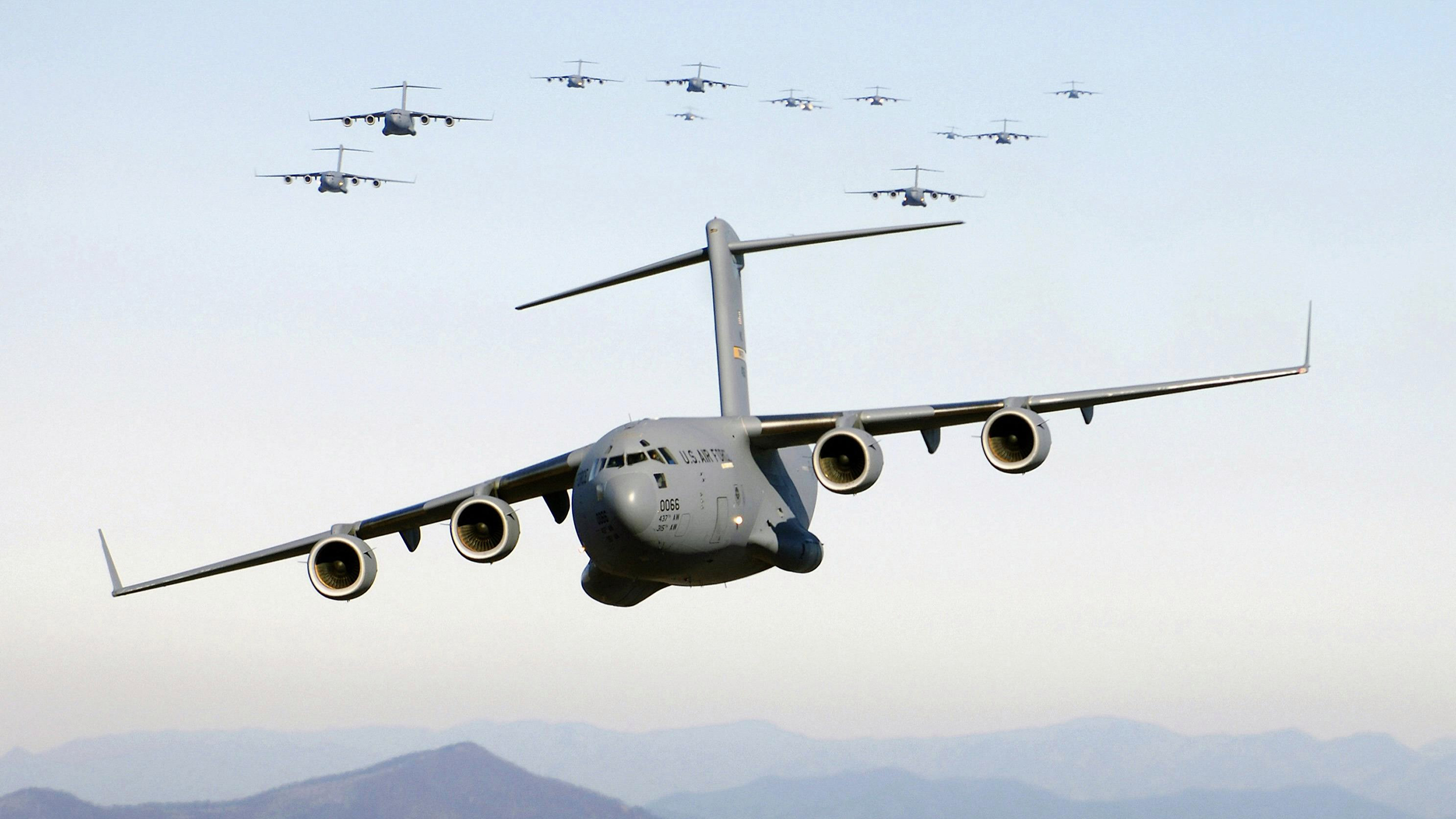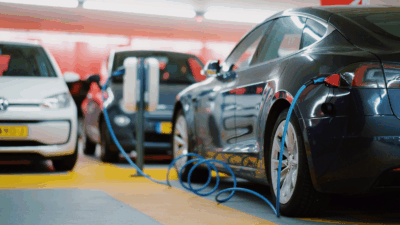VCs are Piling into European Defense Tech
While the continent is not on par with the US in terms of defense spending, the uptick in VC activity is mirrored across the Atlantic.

Sign up for smart news, insights, and analysis on the biggest financial stories of the day.
VCs in Europe are on high alert for defense tech startups.
On Wednesday, the NATO Innovation Fund, a VC fund backed by NATO nations, and data platform Dealroom published a report showing VC funding in Europe’s defense tech market hit an all-time high of $5.2 billion last year, up 24% from the previous year. While the continent is not on par with the US in terms of defense spending, the uptick in VC activity, and the significance of startups in a landscape dominated by large established contractors, is mirrored across the Atlantic.
All Busy on the VC Front
The increase in European VC funding for defense companies shows just how focused VCs are on defense at the moment, given that overall VC spending in Europe actually fell last year. Per the NIF and Dealroom’s data, defense companies captured 10% of all European VC investment last year, with early-stage startups driving the most growth.
In the US, more mature defense startups are starting to shake up the status quo, riding up the S&P 500 and bagging contracts from much larger government contractors:
- On Tuesday, defense startup Anduril usurped Microsoft to nab a $22 billion dollar contract supplying mixed-reality headsets to the US army. Founder Palmer Luckey made his fortune building virtual reality company Oculus, which was bought by Facebook (as it was then known) in 2014.
- Palantir, which has long had defense contracts with the US government and was co-founded by on-again-off-again Donald Trump ally Peter Thiel, has seen its share price shoot up 54% since the beginning of this year.
Bearish: While European VCs are stepping up their investment and European defense budgets grow, there’s just no outspending the region’s biggest warmonger at the moment. The International Institute for Strategic Studies (IISS) published a report on Wednesday that found Russian defense spending grew in real terms by 42% from 2023 to 2024, compared with 11.7% growth averaged across EU defense budgets. Ukrainian President Volodymyr Zelenskyy told The Guardian that Europe cannot offer security assurances to the country without help from the US. To what extent America may or may not continue to support Ukraine remains an open question. President Trump announced last week that the US will strike a deal with Ukraine for the country’s rare earth minerals in exchange for military assistance, but then in an interview with Fox News said Ukraine “may be Russian some day.” On Wednesday, Trump posted on his social media platform that in a phone call with Russian president Vladimir Putin, the two agreed to start peace negotiations “immediately.” US Vice President JD Vance is scheduled to meet with Zelenskyy this Friday at the Munich Security Conference.











